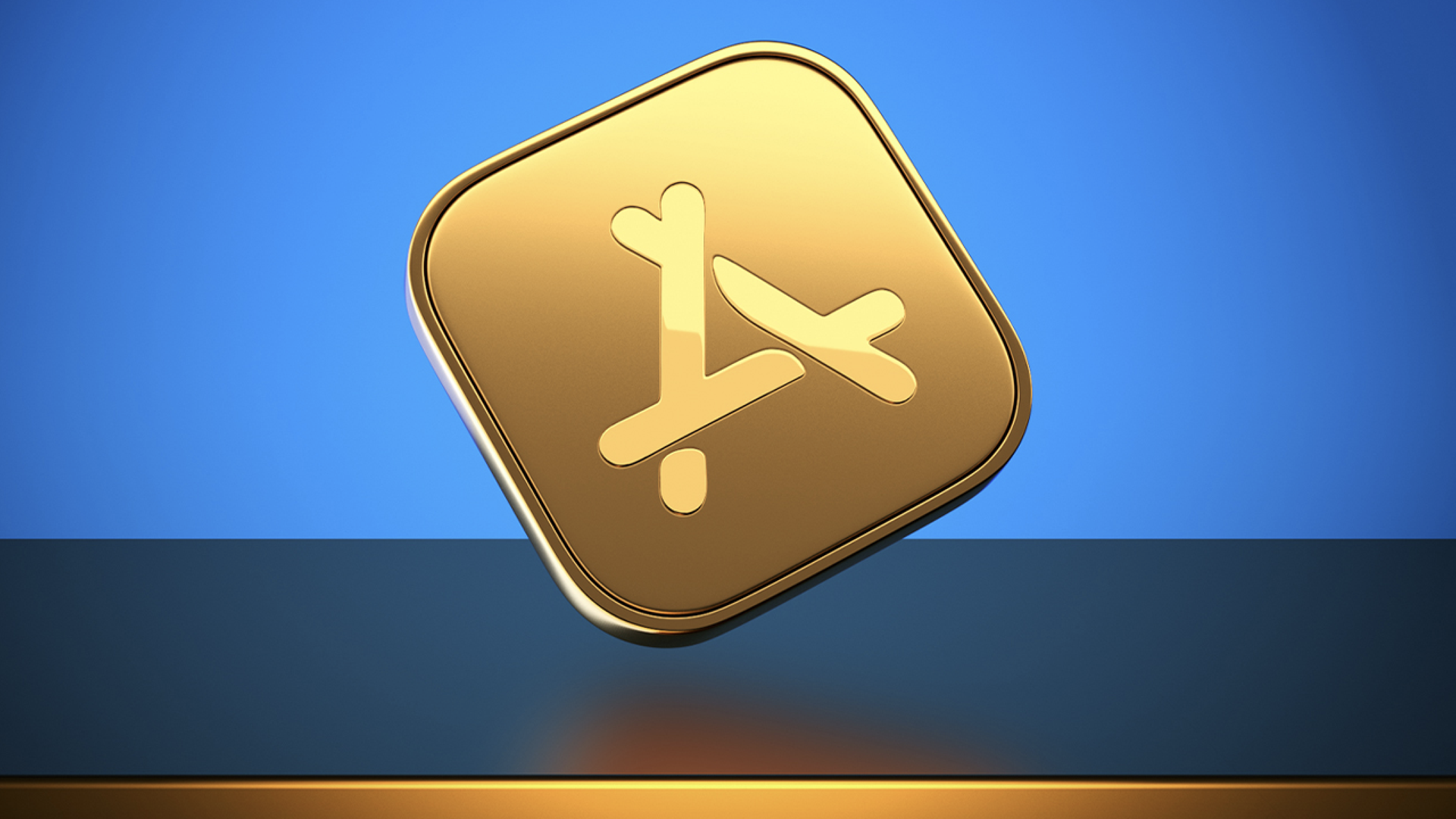Apple likens Fortnite creator to a shoplifter in court filing
Add Axios as your preferred source to
see more of our stories on Google.

Illustration: Apple
Apple on Friday urged a court not to give Epic Games a reprieve from being kicked out of iOS, saying the firm acted akin to a shoplifter by inserting its own payment system into Fortnite.
Why it matters: The battle between Apple and Epic is a high-stakes one, with Apple risking attracting even more antitrust scrutiny and Epic potentially not only seeing Fortnite permanently banned from the App Store, but also left unable to update its Unreal gaming engine.
Details: In Friday's filing, Apple urged a federal district court in San Francisco to deny Epic's request for a temporary restraining order, insisting the “emergency” is entirely of Epic’s own making and saying restraining orders "exist to remedy irreparable harm, not easily reparable self-inflicted wounds,"
- "If developers can avoid the digital checkout, it is the same as if a customer leaves an Apple retail store without paying for shoplifted product: Apple does not get paid," Apple said in the filing.
Flashback: Earlier this month, Epic added its own in-app payment system to Fortnite for both iOS and Android. The same day, Apple and Google both removed the game from their app stores and Epic filed suit against both companies.
- With Android, Epic continues to make Fortnite available directly. That's not an option with Apple, which only allows iOS apps to be downloaded via its App Store.
- Epic later filed for a restraining order, saying that Apple informed it that it could lose developer access by the end of the month.
The new court papers show that Epic was trying to alter its arrangement with Apple for months.
- According to Apple, Epic emailed the company on June 30 seeking to allow its own Epic Games Store app as a way for iOS users to install the company's games directly, bypassing Apple's payment system.
What they're saying: "Over the last several months, Epic has demanded that Apple make various changes to Epic’s rights and obligations under its contracts that would be destructive to Apple’s basic business model.," Apple fellow Phil Schiller said in a declaration accompanying Friday's filing.
- "When Apple refused to fundamentally alter the way it does business to appease Epic, Epic resorted to sudden, unilateral action that blatantly breached its contracts with Apple, and simultaneously filed this lawsuit, which seeks to justify its deliberate breaches after the fact."
Between the lines: Apple says Epic has no antitrust case against it because it can’t possibly monopolize the mobile app market, given competition from Google. (Epic maintains that Apple’s App Store and Google’s Play Store are in fact discrete markets, each a monopoly in its own right.)
- Apple says its policies are similar not only to those used by Google, Amazon and Microsoft for their platforms, but also to other game marketplaces such as Xbox, PlayStation, Nintendo and Steam.
What's next: A hearing on Epic's request for a restraining order is scheduled for Monday at 3 p.m. PT.
Go deeper:
